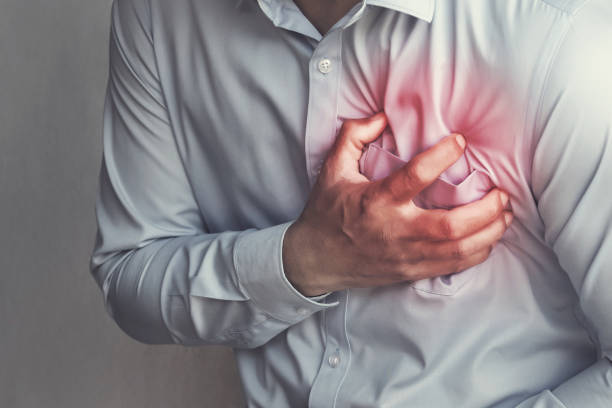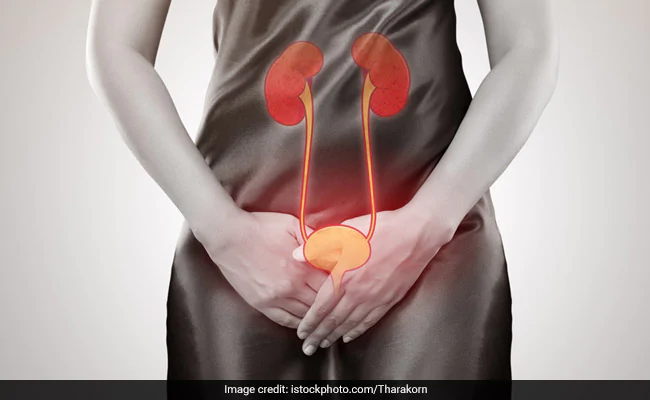- Our Doctors
- Our Specialities
Centres of Excellence
-
 Centre for Blood Diseases, BMT & Cancer Immunotherapy
Centre for Blood Diseases, BMT & Cancer Immunotherapy -
 Centre for Bone, Joint & Spine
Centre for Bone, Joint & Spine -
 Centre for Critical Care Medicine and ECMO Services
Centre for Critical Care Medicine and ECMO Services -
 Centre for Gastrosciences
Centre for Gastrosciences -
 Centre for Heart & Vascular Care
Centre for Heart & Vascular Care -
 Centre for Nephro-Urosciences
Centre for Nephro-Urosciences -
 Centre for Neurosciences
Centre for Neurosciences -
 Centre for Obstetrics and Gynaecology
Centre for Obstetrics and Gynaecology -
 Centre for Organ Transplantation
Centre for Organ Transplantation
Super Speciality
-
 Advanced Diagnostic and Interventional Radiology
Advanced Diagnostic and Interventional Radiology -
 Anesthesiology & Pain Management
Anesthesiology & Pain Management -
 Clinical Nutrition and Dietetics
Clinical Nutrition and Dietetics -
 Dental and Maxillofacial Surgery
Dental and Maxillofacial Surgery -
 Dermatology
Dermatology -
 Emergency and Trauma
Emergency and Trauma -
 Endocrinology and Metabolic Disease
Endocrinology and Metabolic Disease -
 ENT and Head & Neck Surgery
ENT and Head & Neck Surgery -
 Family Medicine
Family Medicine -
 General and Laparoscopic Surgery
General and Laparoscopic Surgery -
 General Medicine
General Medicine -
 Laboratory Medicine
Laboratory Medicine
-
- Key Procedures
- Our Hospitals
- International Patient
- Contact us
-
Quick Links
Blogs

How to Prevent a Heart Attack
A heart attack is an emergency medical condition when the blood supply to the heart stops suddenly. In medical terms, it is known as a Myocardial infarction, which is usually caused by a blood clot. The heart attack symptoms you feel during a heart attack are caused by your heart muscle being deprived of oxygen. This prevents your heart from beating as normal.
What Happens During a Heart Attack?
The blockage is caused by a buildup of plaque in the arteries (atherosclerosis). Plaque is made up of deposits, cholesterol and other substances. When a plaque breaks, a blood clot quickly forms. The blood clot is the actual cause of the heart attack.
If the blood and oxygen supply is cut off, muscle cells of the heart begin to suffer damage and start to die. Irreversible damage begins within 30 minutes of blockage. The result is heart muscle affected by the lack of oxygen no longer works as it should.
There are several signs and symptoms which can be seen before and during a heart attack episode. Before the actual infarct, a person may feel dizzy, and experience palpitations and excessive sweat or shortness of breath. When these symptoms become severe, and in addition, you feel chest pain, left arm pain, and severe breathlessness or fatigue, emergency medical aid should be provided.
Risk Factors for an Unhealthy Heart
Our diet and lifestyle impact our overall health. The cardiovascular system gets affected by the poor choices we make when we eat or drink. Eating more calorie-dense food than nutrient-dense food results in excessive weight gain and in turn, causes deposits of fats in our arteries. Similarly, drinking aerated drinks and caffeine in excess, smoking, and lack of exercise contributes to having an episode of a heart attack in the future. Being obese, having uncontrolled hypertension, and having diabetes also are notable risk factors for heart disease.
Preventing a Heart Attack
A balanced diet that includes fruits and vegetables, whole grains, nuts, fish, poultry, and vegetable oils is essential. Avoiding red meat, smoking, and alcohol is highly recommended.
- Maintain a healthy weight. Keep a check on your BMI and energy levels.
- Include immune-boosting foods and lifestyle measures to reduce inflammation.
- Ensure a nightly sleep of 7-8 hours.
- Stay hydrated and drink at least 1-2 liters of water daily.
- Cardiovascular exercises that increase your heart rate help in better
- Pumping of the blood. Include jogging, aerobics, brisk walking, and swimming in your routine.
Latest Posts
-
 Awake Craniotomy Jul 12, 2022
Awake Craniotomy Jul 12, 2022 -
 Curing Constipation Jul 12, 2022
Curing Constipation Jul 12, 2022 -
 The ‘Gut Health’ Buzz Jul 12, 2022
The ‘Gut Health’ Buzz Jul 12, 2022 -
 Tips to Prevent UTI Jul 12, 2022
Tips to Prevent UTI Jul 12, 2022
Categories
- Clinical Nutrition and Dietetics
- Endocrinology and Metabolic Disease
- General and Laparoscopic Surgery
- General Medicine
- Physical Medicine and Rehabilitation
- Psychiatry
- Centre for Heart & Vascular Care
- Centre for Bone, Joint & Spine
- Centre for Neurosciences
- Centre for Gastrosciences
- Centre for Nephro-Urosciences
- Centre for Blood Diseases, BMT & Cancer Immunotherapy
- Centre for Obstetrics and Gynaecology

 +91 9393 108 108
+91 9393 108 108














































